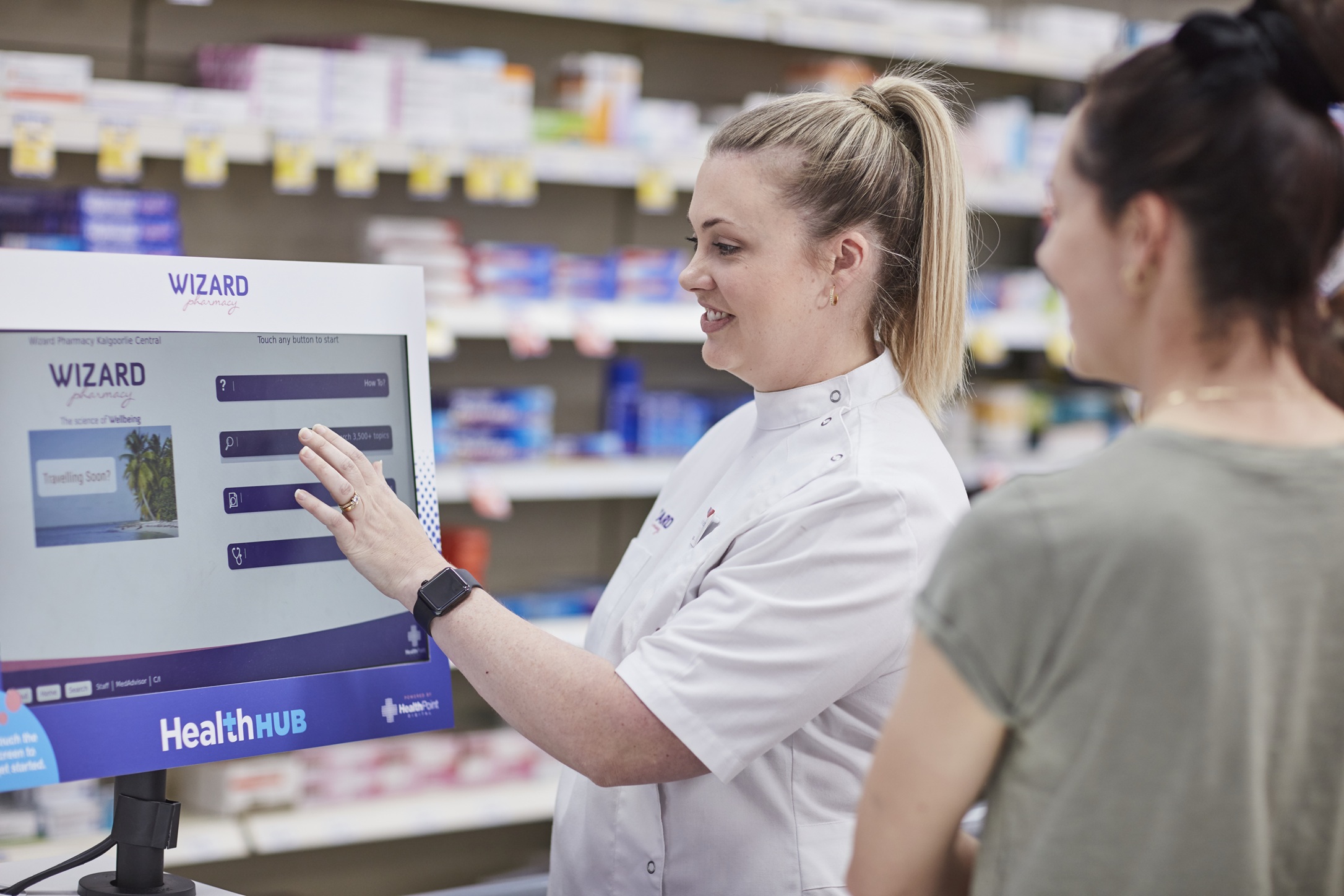To harness AI to its full potential, and to the benefit of both patients and pharmacists, the Pharmacy Guild of Australia (PGA) announced in July it would commission the development of a green and white paper on the ethics of AI in community pharmacy.
The PGA’s Executive Director Gerard Benedet announced the move at the Medical Software Industry Association conference in Brisbane, where industry leaders and experts joined together to share ideas and strategies in the rapidly evolving landscape of medical technology.
AI must be a force for good. And in our hands, it will be.
Gerard Benedet, Executive Director of The Pharmacy Guild of Australia
Speaking to delegates, Mr Benedet highlighted the importance of embracing innovation without sacrificing human connection – and of building robust infrastructure to support high quality service now and into the future.
By balancing a future-forward approach with the unmatched value of face-to-face connection in community pharmacy, the PGA aims to protect and advance existing service models with informed strategies, practical policies, and all the best that new technologies have to offer.
Five Principles
- Patient focused design
- Transparent collaboration
- Ethical efficiency
- Governance and accountability
- Preserving human connection
Following the July announcement, Mr Benedet answered Australasian Pharmacy’s questions about PGA’s approach to the complex world of artificial intelligence.
Q&A
What are some of the practical applications of AI in healthcare, and community pharmacy in particular?
Ideally, we want to use AI in a way that can make us smarter, more connected, and more proactive. We want to see pharmacists spending more time with patients and less time on paperwork, and we think AI can offer those solutions.
For example, AI could help pharmacists flag drug interactions instantly and accurately, without having to wade through fragmented records from multiple different healthcare providers. It could assist in inventory forecasting, ensuring that critical medications are available to meet patients’ needs. With behaviour modelling and predictive analytics, we can better support patients to stay on treatment and identify high-risk patients before they fall through the cracks.
And given the way AI is developing, there’s plenty more on the horizon we haven’t even imagined yet. Even if we can’t predict the future, we want to look at ways we can stay dynamic and flexible in a field known for its rapid evolution.
How do you envision community pharmacy’s unique service model intersecting with AI?
At the PGA, we believe responsible AI integration must rest on five key principles: patient-focused design, transparent collaboration, ethical efficiency, governance and accountability, and preserving the human connection.
What that means is ensuring AI is built around people. It should enhance pharmacists’ ability to connect and support team-based and interdisciplinary care, not replace them.
It should improve outcomes for all patients without compromising human dignity. It should be equitable and accessible, with ongoing reviews and open feedback loops to make sure we’re using the best tools for the right jobs. And above all, it should never come at the cost of what makes this profession so special: human connection with your trusted local pharmacist.
What is the Guild’s vision for the future?
Used responsibly, AI can elevate the entire primary care network. It will give pharmacists more time to care and counsel, provide pharmacists and GPs with smarter, faster insights, identify at-risk patients earlier, and help us close gaps in underserved communities.
This isn’t just about technology and ethics: it’s also about smart health policy. It’s something that effects all of us, and something that we must be decisive and proactive about in these early stages.
We need to create something that pharmacists can use and use well, something that patients are comfortable with, and something that ultimately works to the benefit of everyone.
This paper will provide the foundation we need to bring our pharmacies into the future – sustainably, responsibly, and ethically









